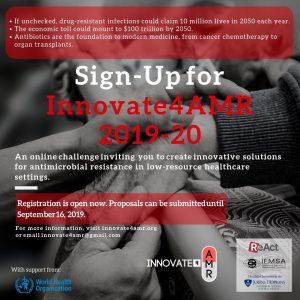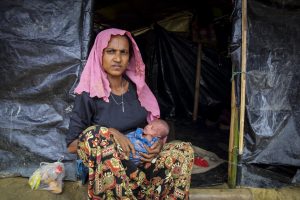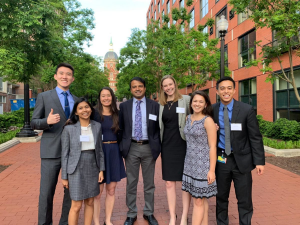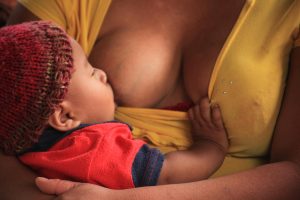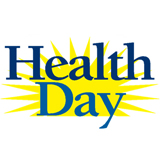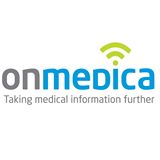AMR: Design Tomorrow’s Solutions for Antimicrobial Stewardship
This article originally appeared on the Johns Hopkins Bloomberg School of Public Health website here. Innovate4AMR invites student teams from around the world to design innovative solutions for antimicrobial stewardship in resource-limited, healthcare settings. The global online competition seeks to engage student teams to propose strategies to tackle the underuse, overuse and misuse of antibiotics, … Continued
Johns Hopkins University and University of Manitoba Faculty Awarded Grant to Study Prelacteals’ Impact on Neonatal Microbiome
This article was originally published on Johns Hopkins University Bloomberg School of Public Health’s website here. In many countries, ritual foods, such as honey and animal milk, are commonly given to newborns before they are first breastfed or early in life. These foods, called prelacteals, may undermine the benefits newborns would otherwise receive from exclusive … Continued
This JHU team is developing tools to assess newborn health
This news item originally appeared in Technically Baltimore here. A team from Johns Hopkins’ Center for Bioengineering Innovation and Design (CBID) will be among the finalists presenting prototypes in D.C. as part of an event putting a spotlight on the role of hardware in social innovation. The NeMo Asssessment System, which has been in development … Continued
In Peru, Baby Formula Reps Target Doctors In Low-Income Community Despite Decades-Old Ban
This article was originally posted on the Johns Hopkins Bloomberg School of Public Health website here. Study suggests new mothers in Lima’s Villa El Salvador are 10 times more likely to abandon exclusively breastfeeding if doctor recommends formula. A new study led by researchers at the Johns Hopkins Bloomberg School of Public Health suggests that baby formula … Continued
School of Public Health receives $95M grant to study environmental influences on child health
The National Institutes of Health today announced that the Johns Hopkins Bloomberg School of Public Health, along with the research firm RTI International, will receive a seven-year, $95 million grant to analyze the data from a new initiative designed to understand how the environment influences health beginning in the womb. The Environmental Influences on Child … Continued
Oral Antibiotics Are Found to Save More Infant Lives
“These results should provide a sound basis for policy makers and experts to now empower and train staff at first-level outpatient units and to ensure proper drugs and equipment are available,” said Dr. Steve Wall, an adviser to Save the Children.
Simplified Antibiotic Treatment Strategy Could Save Thousands of Babies
Now, new, more accessible drug regimens – combining oral and injectable antibiotics – given in outpatient settings appear to be just as effective as hospital care.
Babies with clinically suspected serious infections can be safely and effectively treated outside hospital
In light of these findings, WHO guidelines on the management of newborns and young infants with PSBIs should be modified, say the authors.
Simpler Antibiotic Regimen Helps Sick Babies in Developing Nations
Many parents in developing nations can’t afford, or don’t have access to, such hospital care. Some refuse to take their children to the hospital, or aren’t willing to adhere to the antibiotic injection program, the researchers said.
WHO called to change infant infection guidelines
In disadvantaged areas, many children never reach hospital and around 60% of parents refuse hospital treatment for young infants or are unwilling to adhere to treatment regimens of injectable antibiotics.
